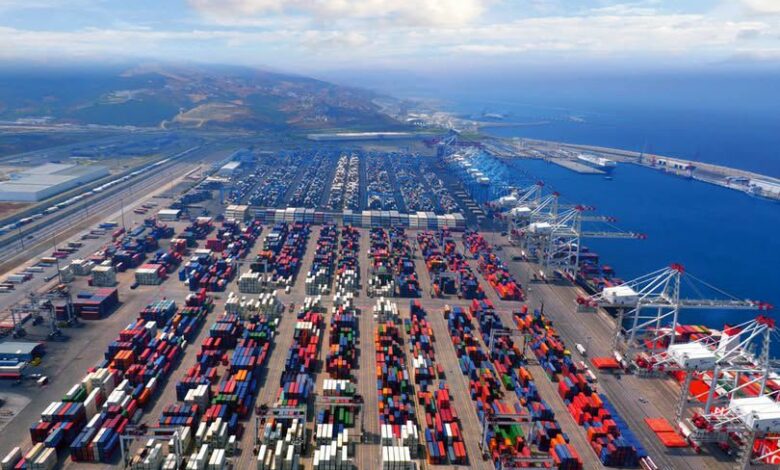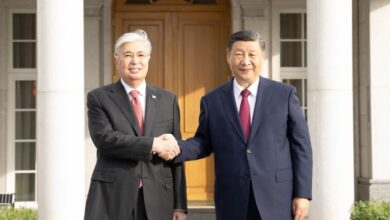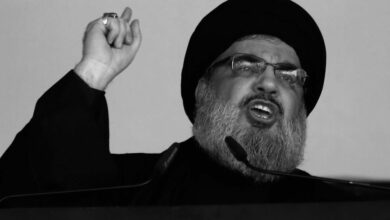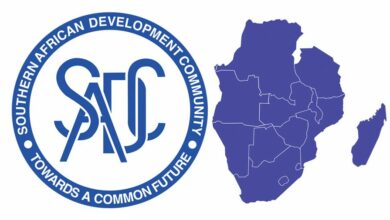A propaganda campaign targeting Moroccan ports… When rumors become a weapon in the battle for maritime corridors

ALDAR / Iman Alaoui
The year 2025 has witnessed a notable escalation in orchestrated media attacks against Moroccan ports, led by platforms linked to foreign agendas and exploiting local actors with ideological affiliations to give false legitimacy to their narratives.
This campaign comes amid major shifts in global trade, with leading international shipping companies — foremost among them Maersk — deciding to transfer key operations from Spanish ports to their Moroccan counterparts, notably Tangier Med and the Port of Casablanca. This move has strengthened Morocco’s position as a maritime, land, and air logistics hub connecting Africa to Europe and the rest of the world.
The strategic shift paved the way for broad economic partnerships, but at the same time pushed certain regional actors out of the competition. The response took the form of media disinformation campaigns accusing Moroccan ports of facilitating arms shipments to Israel. However, these claims quickly collapsed under scrutiny: several international media outlets, including Spanish newspapers, categorically denied them, and Maersk confirmed that its activities comply with international law and do not include transporting combat weapons to conflict zones.
Strikingly, these fabricated narratives have sought to exploit public sentiment surrounding the Palestinian cause in order to turn public opinion against Morocco’s achievements in the maritime transport sector. In reality, the United States and Israel have no need for Moroccan ports to move equipment or spare parts, as they possess dozens of alternative routes worldwide.
At its core, this is a clear attempt to hinder Morocco’s rise as a strong competitor in logistics and maritime corridors by turning economic rivalry into a propaganda battle — one in which rumors are used as a weapon to cloud vision and tarnish the Kingdom’s accomplishments at both the regional and international levels.





